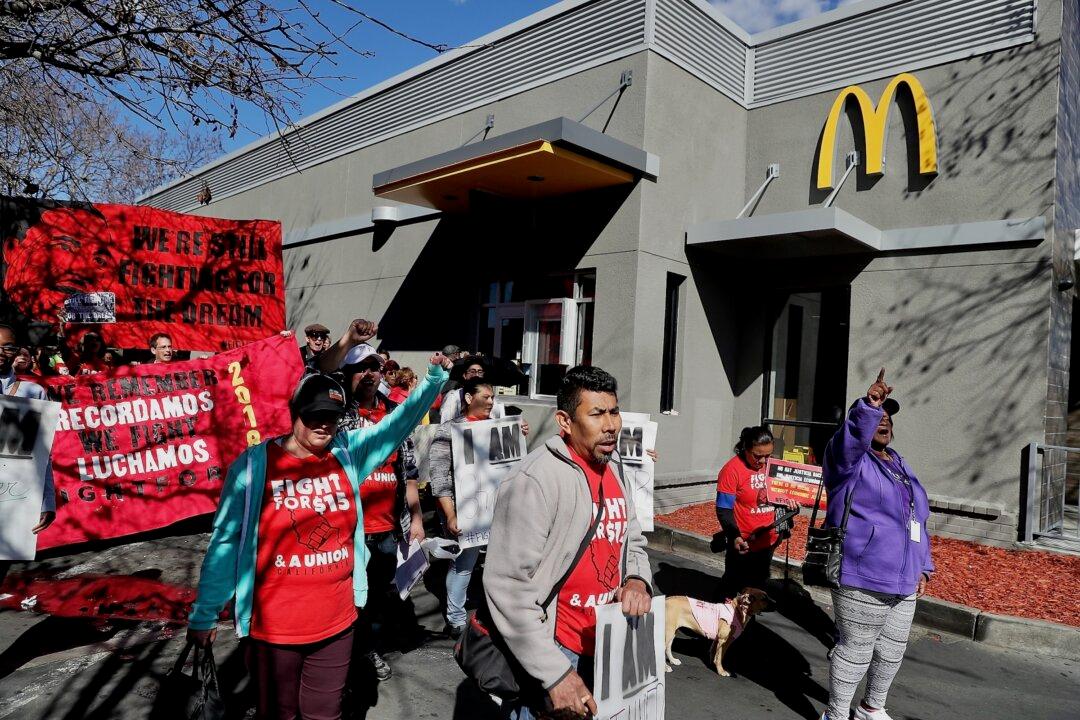Democratic members of the California Assembly’s Elections Committee blocked a bill that was meant to prevent the use of nondisclosure agreements (NDAs) in the legislative process during a hearing April 25.
At issue was Assembly Bill 2654—introduced by Republican Assemblyman Vince Fong in response to reports that secret agreements were utilized by special interest groups in the drafting of exemptions included in a fast-food bill that raised the minimum wage in the industry to $20 per hour, among other things.





